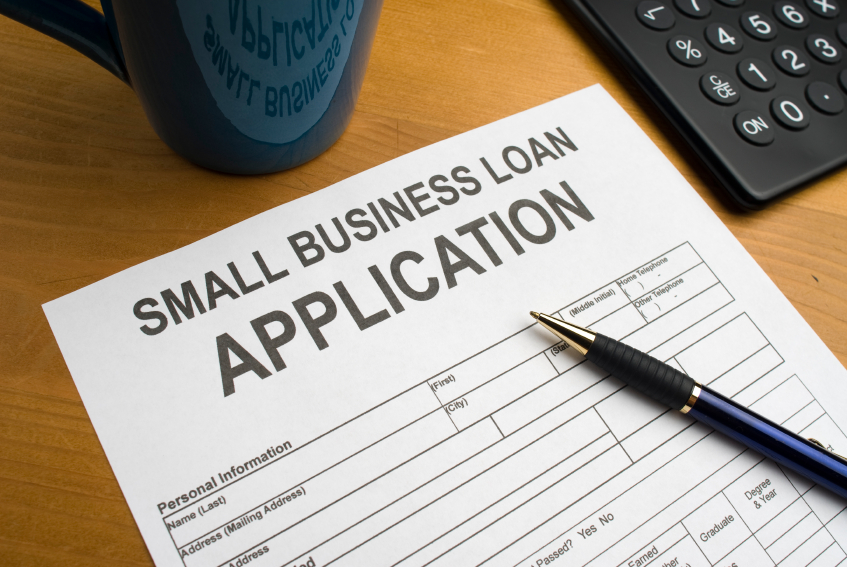Yes, SBA loans can be discharged just like any other business loan. (This assumes that the loan was not incurred fraudulently, for example, through misrepresentations on the credit application; if so, there may be a risk that the discharge would be challenged.)
The Small Business Administration is a federal agency which helps small business owners get necessary financing by guaranteeing business loans. People sometimes think that because these are government-based loans, they can’t be discharged in bankruptcy. That’s not true. There is nothing in the bankruptcy code that makes a debt non-dischargeable simply because it is made by the government.
Certain government related debts and fines are not dischargeable, but an SBA loan is not one of them. Section 523(a)(7) makes debts payable to a government unit not dischargeable when it is for a fine, penalty or forfeiture (and not compensation for financial loss). An SBA loan is not a fine, penalty or forfeiture and therefore does not fall into the category of non-dischargeable debts owed to the government. To learn what debts are not discharged in bankruptcy you can go to: Non-Dischargeable Debts
Note that business owners are virtually always required to sign a personal guarantee to get an SBA loan, making the owner personally liable. But that would be case anyway if the business was a sole proprietorship. And even if the business was in the form of a corporation or other type of entity, a personal guarantee would be required for most business loans regardless of the source of financing.
Of greater practical concern, SBA loans usually require collateral, business and/or personal. Bankruptcy discharges your personal liabilities, but does not wipe out the security interests or liens that you have granted to the SBA on collateral. So, the debt is discharged but the SBA can repossess or foreclose on any collateral unless you or your attorney make appropriate payment arrangements with them.

